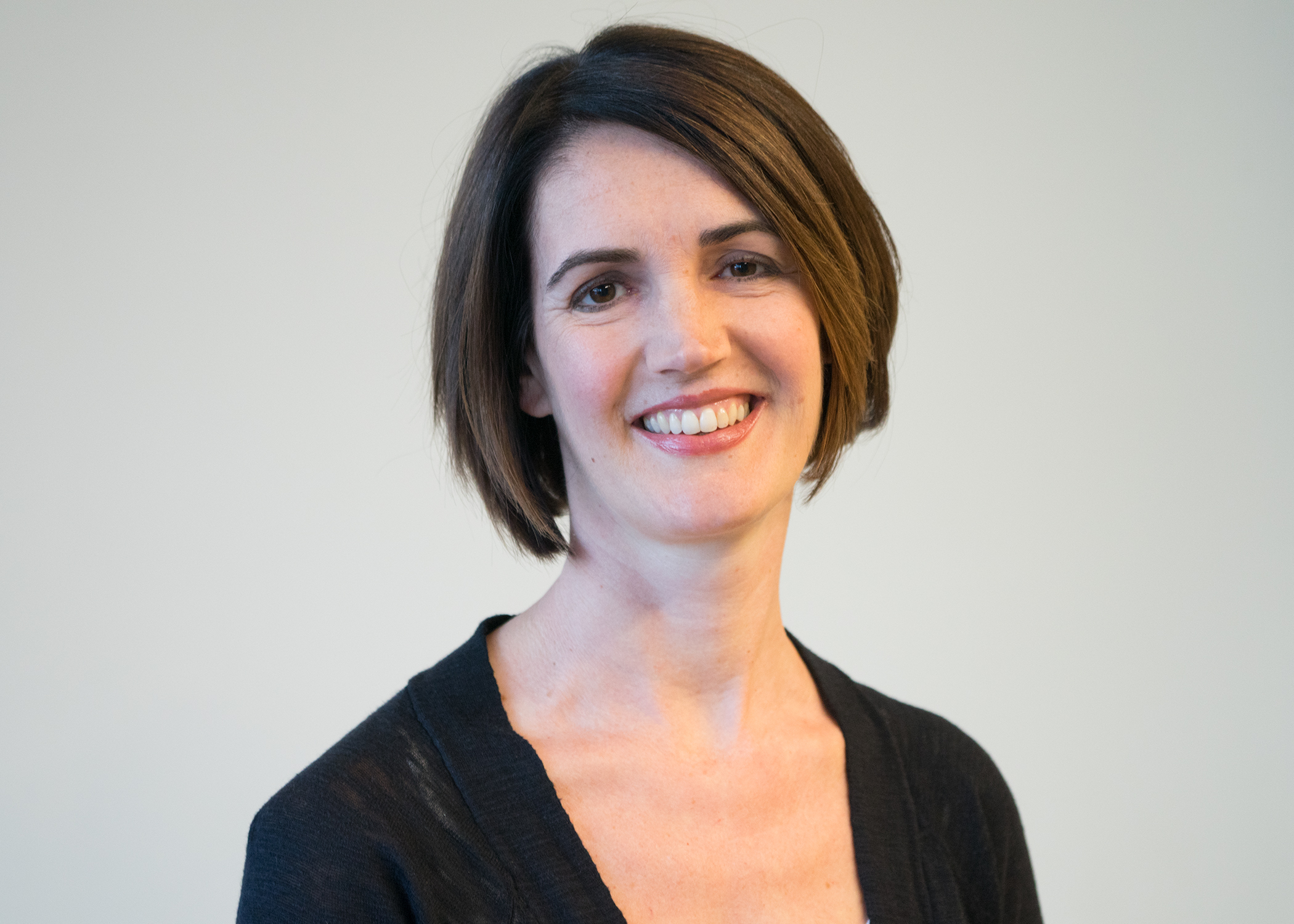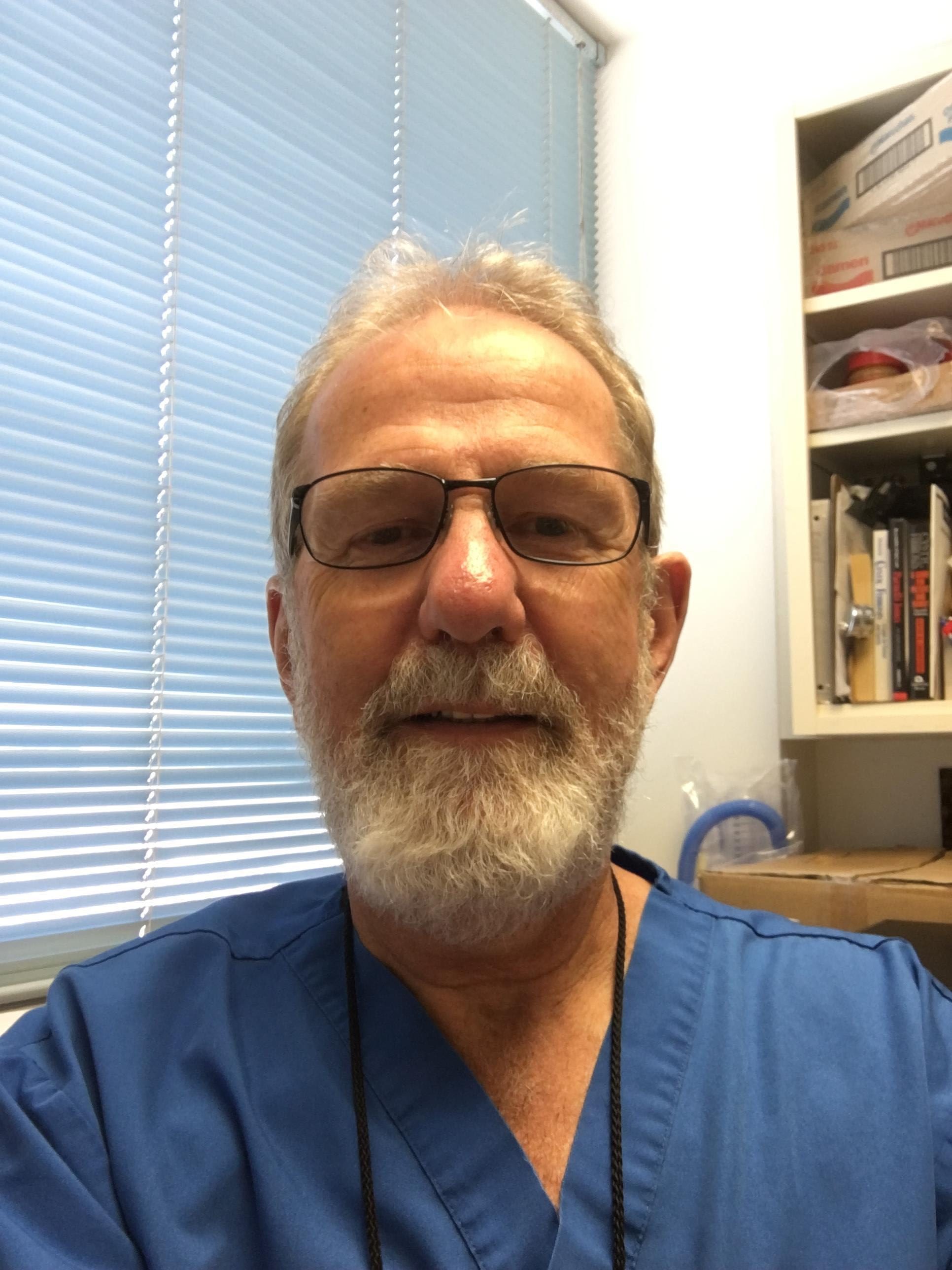 Cystic fibrosis is a life-long disease that requires ongoing care. Respiratory therapists are integral to that care, and those who specialize in the treatment of these patients will tell you the job is filled with challenges and rewards.
Cystic fibrosis is a life-long disease that requires ongoing care. Respiratory therapists are integral to that care, and those who specialize in the treatment of these patients will tell you the job is filled with challenges and rewards.
“I was drawn to this specialized field because I’ve always had a liking for and felt a closeness with CF patients when they were in the hospital for extended stays being treated for pulmonary exacerbations,” she said. “It’s hard not to get to know them well when you provide hour long treatments multiple times a day over several days and then you see them back in the hospital again months later.”
Her role on the team is largely educational. She sees patients when they come into the clinic for their quarterly checkups and works closely with them to find the most appropriate and effective forms of airway clearance.
“Since the vast majority of CF care is self-care that occurs in the home, I feel it’s important that they understand why performing their therapy is important for their health,” she says. She teaches them about lung function and goes over the role each of their inhaled medications plays in keeping them as healthy as possible.
When patients appear to be struggling to keep up with their treatment regimen, she helps them identify their barriers to success and brainstorms ways to get it all done. When patients must be admitted to the hospital, she works with her RT colleagues on the inpatient staff to coordinate care, and she provides inservice training to staff on the specifics of performing CF treatments.
Pulmonary function testing
As a cystic fibrosis respiratory specialist at UNM Hospitals in Albuquerque, NM, William Demaray, BS, RRT, is responsible for performing spirometry measurements on all adult CF patients at every clinic encounter. He also educates patients on new therapies and devices as needed, and performs six minute walk testing as well, mainly in patients being referred for lung transplantation.

Demaray has been specializing in CF care since 2006, when he became a respiratory specialist at New Mexico’s only Cystic Fibrosis Foundation (CFF)-accredited state center. He moved to the adult clinic in 2009, when the job was split between the pediatric and adult populations.
In addition to his role in the outpatient clinic, he provides spirometry testing at admission and at seven days for patients who are hospitalized, then again at discharge, and he also tries to provide as much emotional support to patients and their families as he can.
“A chronic disease like CF can be very emotionally taxing for the patient and family,” Demaray said.
Steep learning curve
Both RTs say they didn’t need any formal training to take on these specialized positions, but they emphasize there is quite a learning curve for RTs who assume jobs such as theirs.
“There is no special training or experience needed necessarily, other than the basics of RT credential and state licensure,” Eidson said. “But the respiratory care that is involved with a CF patient is so detailed and specific. I really had no idea what I was getting myself into.”
She found great help through a CFF mentoring program tailor-made for RTs. The program matches therapists who are new to the area with seasoned veterans, and even pays travel expenses for the apprentice to visit his or her mentor for one to two days of learning.
“The mentor helps the apprentice by sharing resources, setting goals, and staying in touch for several months after the site visit to help get the apprentice thinking like they should for the CF patients,” Eidson said. “I was fortunate enough to be selected as an apprentice in 2008 and got to visit Mary Lester at the Medical University of South Carolina. She and I still talk today and are currently working on a project together.”
Demaray has also taken advantage of educational programs available through the CF community.
“Initially I had to become expert at the pulmonary testing components, and then at the North American Cystic Fibrosis Conference in my first year, I went to the pre-conference class called CF Nuts and Bolts to get a better overview of the whole impact of the disease on the patients, as it goes so far beyond the lungs,” he said.
He has also acquired National Institute for Occupational Safety and Health certification in spirometry to be approved as a sub-investigator on research projects.
Is it right for you?
How can you tell if specializing in CF might be the right career path for you? Eidson and Demaray have some bits of advice.
“If you’re thinking about specializing in the care of a chronic population, like CF or COPD, and enjoy working closely with people of all kinds, then go for it!” Eidson said.
She believes RTs can let their passion shine in this setting, and patients will pick up on that and appreciate them for their efforts. She warns, however, that RTs will need to know where their role as a clinician ends and where the patient’s role in self-care begins.
“It can be hard to see someone that you’ve worked closely with not do well over time, be it because of the disease itself or their lack of participation in their own care,” she said.
That’s been a hard lesson for her to learn, but she says if, at the end of the day, you know you’ve done the best you can to steer patients in the right direction, then you have still helped.
“People battling chronic illnesses such as CF need to know their care team is behind them and is fighting for them,” Eidson said.
Demaray agrees that RTs thinking about specializing in CF need to have a high level of empathy and understanding.
“No two patients are the same, the therapy demand on the patients is intense, and you have to accept that the best they can do may not be what you would like to see,” he said.
He also emphasizes the socio-economic toll the disease takes on patients and families and says therapists must be ready to see varying abilities to cope with that. While some will be devastated by it, others will be strengthened, and everyone on the team must be able to accept and embrace whichever circumstance is manifested.
For him, though, it’s all been worth the effort.
“I thought I knew CF in 2006 when I went to the clinic setting, but in fact I barely knew enough to scratch the surface,” Demaray said. ”It has been a very rewarding experience, and at the end of this year when I retire, I will really miss this population of patients.”
The AARC’s Pulmonary Disease Educator Course is supported by the Cystic Fibrosis Foundation and can provide therapists with the additional training they may need to succeed in a disease educator role.





